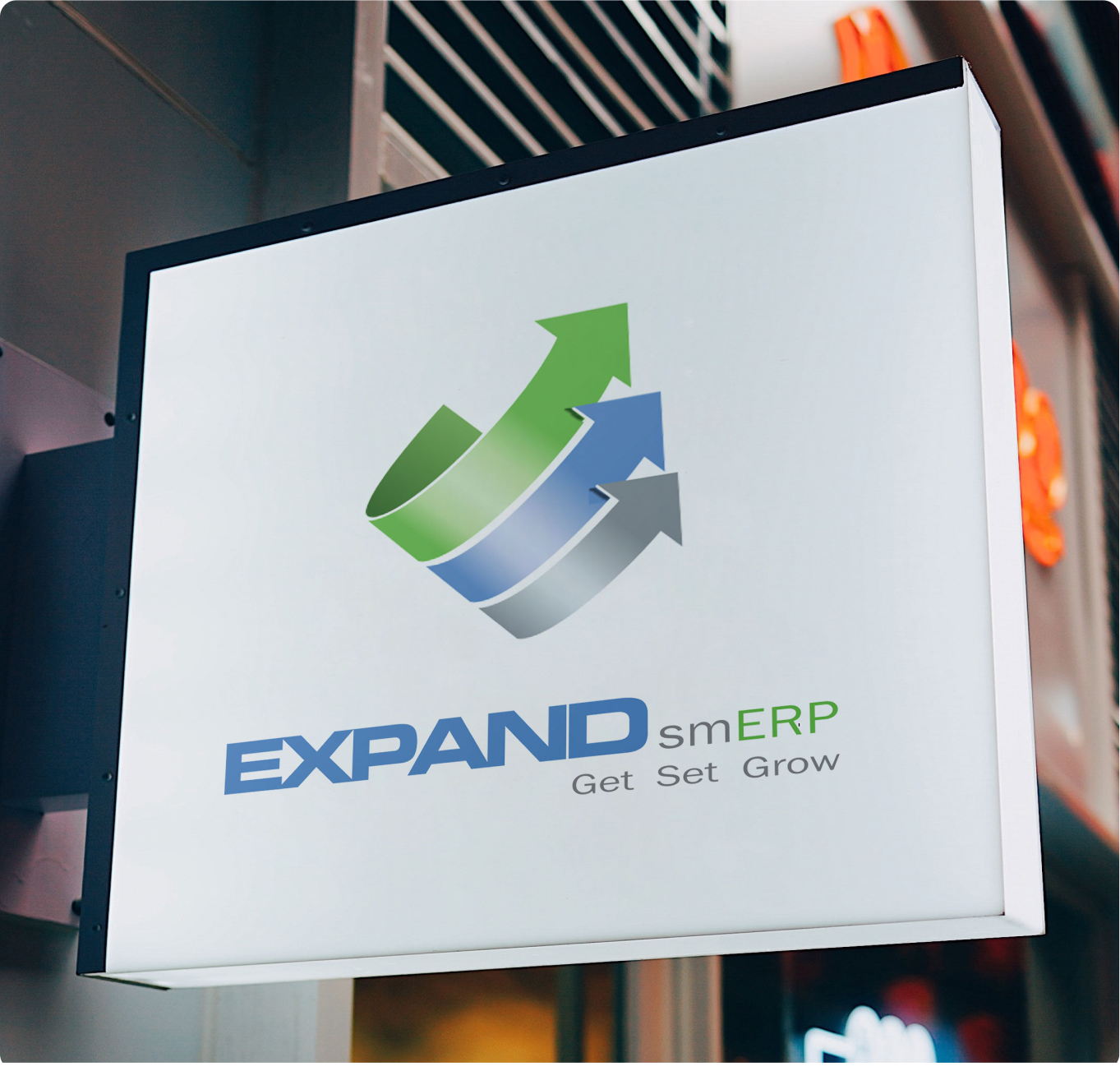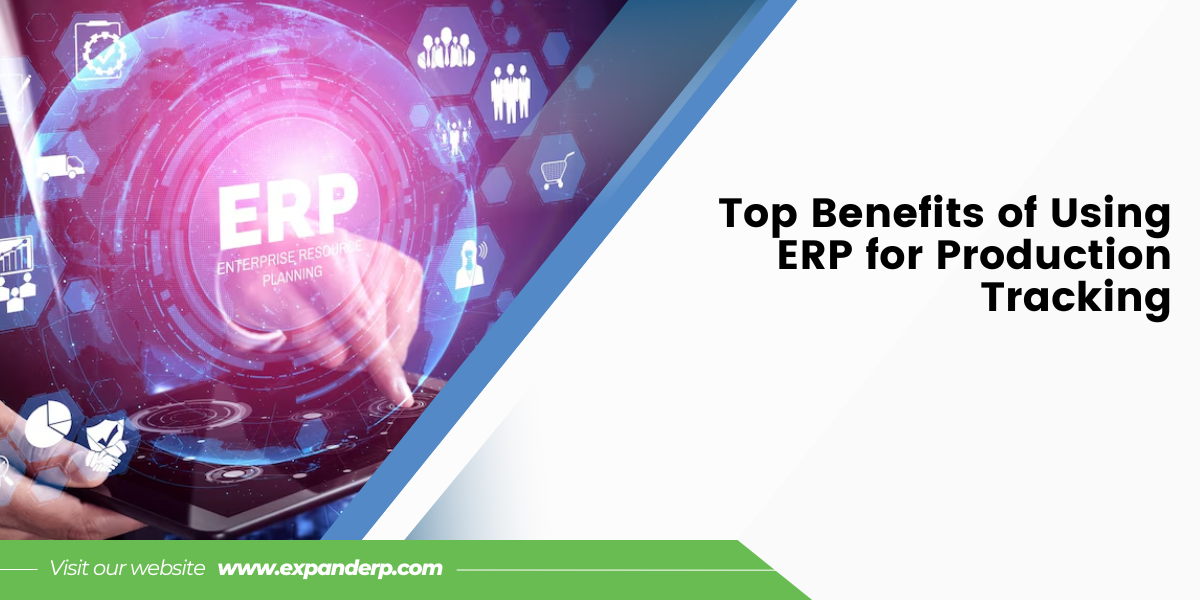Request for Callback
Fill out this form to download.

Fill out this form to download.
Thank You!
Your request for a callback has been successfully submitted. Our team will get in touch with you shortly. We appreciate your patience and look forward to speaking with you soon.
If you have any urgent concerns, please feel free to contact us directly at
+91 9007026542 or email us at [email protected]
Thank You for Your Interest!
Your request to unlock the free demo has been successfully submitted. Please check your email for further instructions and a link to access the demo. We hope you enjoy exploring the features and capabilities of our product.
If you have any questions or need further assistance, please feel free to contact us directly at
+91 9007026542 or email us at [email protected]
The brochure has been sent to your email. Kindly check your inbox, and if it’s not there, please check your spam or junk folder.
We've send a verification code to your phone
Just fill-in the details below and we will get in touch with you within 48hrs, maybe sooner.If it is important feel free to call Ritisha on +91 9007026542.
Thank you for your interest in Expand smERP. A product expert will call you within 48 hours, maybe sooner. If it is important please feel free to call Ritisha on +91 9007026542.
Thank you for your interest in expandsmERP. The login credentials have been sent to your email. Kindly note that these credentials are valid for 3 days.
Thanks for sharing your information For any queries, feel free to contact us at 9007026542.

Delve into the possible impact of ERP software for leather industry for production tracking in 2024. From this guide, you can discover the benefits of using ERP for production tracking that can transform the manufacturing process, increase efficiency, and innovate for development. Discover the innovative approach of ERP software in Kolkata that will enable competency in the present complex market by finding ways of lowering operational costs and increasing efficiency in organisational operations.
Nowadays, even if a company produces quality products, it is imperative that it gets them on the market and sells them before the competition does. To stay competitive, your company needs ERP for production. The best ERP software in India excels, particularly in tracking production. Organisations are also deploying software for export documentation to stay competitive. Currently, SMEs are opting for ERP software for handicraft industry to streamline their operations. As we advance into 2024, let’s explore the 13 benefits of using ERP for manufacturing industry and how it will revolutionise manufacturing.
Listed are the benefits of using ERP for production tracking and costing.
The biggest advantage of implementing an ERP in terms of tracking production is the ability to have real time, end-to-end visibility of the manufacturing process. The ERP’s full range of modules allows managers to have real-time information on production, inventory, and resources being used. This saves time in making decisions and solves any challenges that may occur to meet production goals on time.
Inventory plays a significant role in determining the efficiency of production lines and orders. The data kept in ERP systems is precise and up to date. Therefore, manufacturers are in a position to always have the right stock. This minimises the possibility of a situation where a specific raw material is out of stock or there is an excess of it, which can slow down the production process and increase its cost. The modules of the ERP feature automatic reorder and demand forecasting that helps with inventory management.
Read More: Revolutionize Your Inventory Management With ERP Software!
Quality control is one of the most notable benefits of using ERP for production tracking. ERP systems make quality control easy because the quality control tasks are incorporated into production activities. Thanks to a functional ERP platform, scheduling and tracking quality analyses are possible. This results in low incidences of defects, minimised wastage, and, therefore, better product quality.
ERP systems offer a comprehensive perspective of the supply chain right from the acquisition of the inputs to the distribution of the end product. Such a vast coverage facilitates proper planning of logistics in terms of dealing with suppliers in the market. The Procurement and Logistics modules of the ERP are designed to interact with each other to minimise the lead times necessary for supply to support production.
Several areas of production planning and execution are centralised and automated in ERP systems, boosting efficiency. A production module of an ERP provides tools such as capacities, work orders, and schedules that are vital in cutting down productivity hindering factors such as spare time. This, in turn, results in increased production and a decline in the cost of production.
Recommended: How To Improve Manufacturing Efficiency with ERP Software [2024]
ERP systems make it possible to analyse the various costs involved in the production process, such as materials, human resources and space. It enables manufacturers to analyse costs and pinpoint areas that need optimisation, ultimately making them more profitable. The robust reporting and analysis functions of an ERP solution make it possible for enterprises to monitor their business performance and introduce cost-saving measures systematically.
By having better control over the production process and order forecasting, manufacturers can ensure on time delivery and satisfy customer demand for their orders status. Since ERP is integrated, it gives the customer service team direct access to the real-time production data, which would be of greater help for providing the right and quick information to the customer and ultimately increasing customer satisfaction.
In industries with lots of regulations, ERP systems are a technology watchdog with compliance requirements. Another feature that facilitates compliance with industry standards and regulations is the lot tracking system and comprehensive documentation of the production process.
The role of ERP systems is that they gather significant amounts of data in every business function. The BI module in ERP Platform takes this data and compiles it in an easy-to-understand manner through the help of dashboards and reports.
Different stages of business development require different approaches to production tracking. ERP has the functionality to address evolving needs and can be easily expanded as a company grows. Regardless of whether it is a new production line, entry into new markets or integration with the latest technologies, ERP systems can easily handle such changes.
ERP system centralises all the business information and helps to improve interdepartmental cooperation. In the best ERP systems, teams in production, sales, finance, and other teams are able to share the same real-time data and this enhances teamwork. These alignments make operations more fluid and increase the rate at which issues are solved.
With the manufacturing industry moving towards the fourth industrial revolution, it is imperative to identify key areas of focus for manufacturing. ERP has a significant function of integrating disparate smart technologies. Ideally, the best ERP should be compatible with Internet of Things (IoT) devices, artificial intelligence, and machine learning algorithms. It also allows for detailed tracking of production processes, more accurate predictive maintenance, and, of course, even further analysis of data collected.
The benefits of ERP for production tracking are pretty evident. From real-time visibility and improved efficiency to better decision-making and enhanced customer satisfaction, the best ERP revolutionises the manufacturing industry. The business implementing an ERP solution as the year advances into 2024 will fare better.
Hosted on Certified Data Centers for Highest Level of Data Protection and Reliability.






